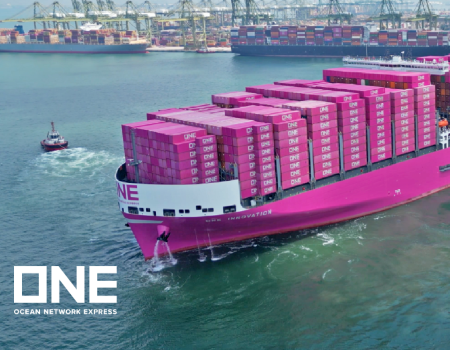By Giles Searby – a partner in the litigation and dispute resolution team at hlw Keeble Hawson with experience of shipping
Major new international rules will come into force on July 1, 2016 which require a container’s weight to be verified by prescribed methods before it can be loaded on to a ship.
The laws will stipulate the weighing of packed containers by calibrated and certified equipment although, in limited circumstances, pre-weighed packages may be placed into the container and added to its tare weight.
This amendment to the Safety of Life at Sea Convention (SOLAS) was approved by the International Maritime Organisation’s (IMO) Maritime Safety Committee, in 2014. Failure to comply will be a criminal offence, punishable by a heavy fine or a prison term.
Now regulated by the IMO, a UN agency, most coastal states worldwide are signatories to SOLAS which was first convened in 1914 following the sinking of the Titanic two years previously.
SOLAS already demands that shippers declare container weight on the Bill of Lading and associated paperwork. However, it is estimated that more than a third of the 130 million containers transported around the word each year are overweight, which has clear safety consequences – hence the need for stricter verification.
For example, when the MSC Napoli sank off the coast of Cornwall, in 2007, it was discovered that 20% of the containers on board were at least three tonnes over their declared weight – and some were as much as 20 tonnes heavier.
The obligation to declare the weight of the loaded container falls on the shipper, as stated on the Bill of Lading or transport document. The named shipper will often be the company that is exporting the goods and responsibility falls upon that company – irrespective of whether they are using a third party – to actually move the goods.
Any exporter using containerised freight to ship goods must either ensure that they have carried out the weight verification themselves or that their freight forwarder can offer the service in a SOLAS-compliant manner.
If a valid weight certificate is not supplied, the container will not be loaded on to the intended ship, with an obvious commercial cost including repacking, detention etc – as well as causing delays which may heap additional financial penalties on the shipper. Such penalties are in addition to criminal punishment.
In the UK, the amendment will become law without the need for an Act of Parliament and will be enforced by the Maritime and Coastguard Agency (MCA).
Ultimately, businesses which ship goods abroad using containerised transport will be required to make the necessary changes to their systems in the next four months to be compliant with the amended regulations. This may be something that freight forwarders can assist with – and most will be updating their Terms and Conditions and services to reflect the revised regulations.








